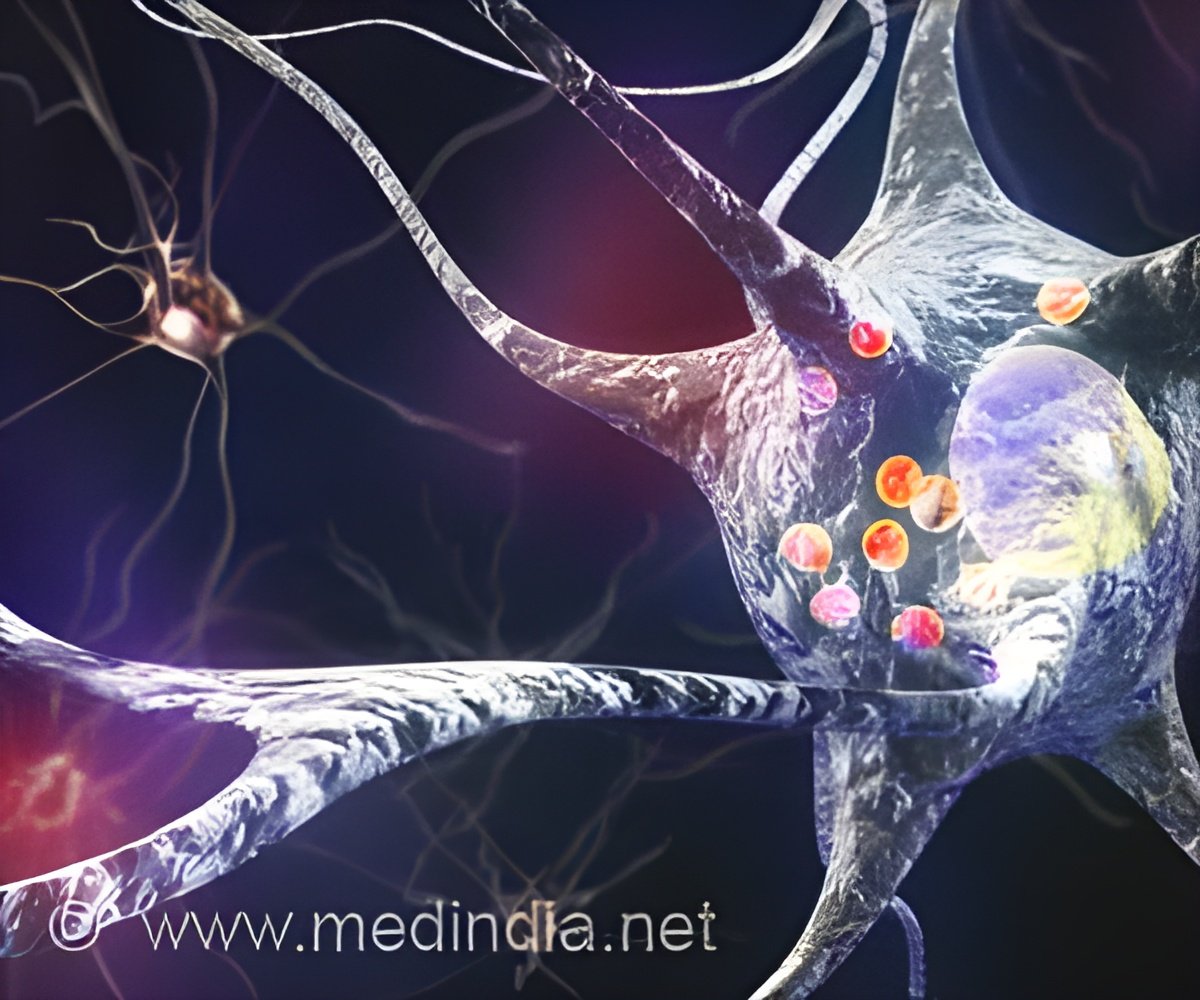A new research discovered that a peculiar signaling pattern in the brain region is linked to memory formation, which also influences blood sugar levels.

The study revolves around brain cells called neurons that generate electrical pulses to pass on messages. Researchers in recent years discovered that populations of hippocampal neurons generate electric pulses within milliseconds of each other in cycles.
This firing pattern is called a “sharp wave ripple” for the shape it takes when captured graphically by EEG, a technology that records brain activity with electrodes.
This new study found that clusters of hippocampal sharp wave ripples were reliably followed within minutes by decreases in blood sugar levels in the bodies of rats.
These findings suggest that the ripples may regulate the timing of the release of hormones, possibly including insulin, by the pancreas and liver, as well of other hormones by the pituitary gland.
“Our study is the first to show how clusters of brain cell firing in the hippocampus may directly regulate metabolism,” says senior study author György Buzsáki, MD, PhD, the Biggs Professor in the Department of Neuroscience and Physiology at NYU Langone Health.
Advertisement
As sharp wave ripples mostly occur during non-rapid eye movement (NREM) sleep, the impact of sleep disturbances on sharp wave ripples may provide a mechanistic link between poor sleep and high blood sugar levels seen in type 2 diabetes.
Advertisement
Source-Medindia















